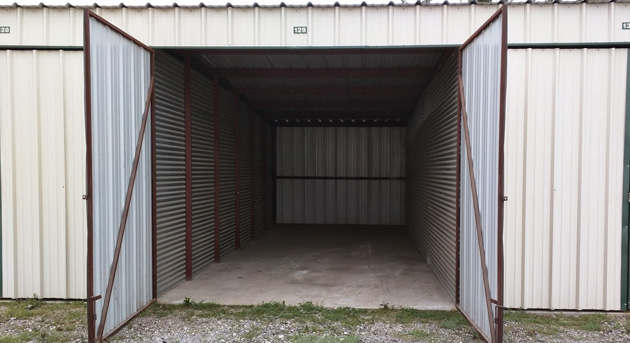RV’s are luxurious and snazzy. Fortunately, this decides whether or not to cover your RV when storing very clearly. You should always store your RV under a covered parking lot- it will keep the dust off of your exterior, enable storage in hotter climates, and protect against bugs during high bug season and theft.

Pros and Cons of Covering your RV
When storing your RV, you have two main options: covered and uncovered storage. Both have their own set of pros and cons that you should consider before making a decision.
Here are some of the pros of choosing covered storage for your RV:
1. It protects your RV from the elements.
If you live in an area with harsh weather conditions, covering your RV can help protect it from damage caused by wind, rain, snow, and ice.
2. It keeps your RV clean.
Dust, dirt, and pollen can all wreak havoc on your RV if left unchecked. Covering it when not in use can help keep it clean and debris-free.
3. It deters thieves and vandals.
An RV hidden under a cover is less likely to be a target for thieves and vandals than one left out in the open.
Now, here are some of the cons of choosing covered storage for your RV or camper:
1. It can be more expensive.
Depending on the cover type, covered storage for your RV can cost more than uncovered storage.
2. It cannot be easy to access.
If you need to get to your RV in a hurry, having it stored under a cover can make it difficult and time-consuming to access.
3. It can trap moisture and cause Mold growth.
If not properly ventilated, covered storage for your RV can trap moisture, leading to mold and mildew growth.
Should You Cover Your RV When Storing?
As the weather starts to cool down, many RV owners are faced with the question of whether or not they should cover their vehicle when storing it for the winter. There are pros and cons to both choices, so it’s important to weigh your options before making a decision.
On the one hand, covering your RV can help protect it from the elements. Covering your vehicle can prevent snow and ice from damaging the exterior if you live in an area with harsh winters. It can also help keep the interior clean and free of dust and debris.
On the other hand, covers can be expensive, and they can be a pain to put on and take off. If you don’t put them on correctly, they can also cause damage to your RV or camper. And if you live in an area with mild winters, you may not need a cover.
So what’s the best choice for you? Ultimately, it depends on your specific situation. Covering your RV may be the best option if you’re concerned about damage from the weather. But if you’re worried about the cost or hassle of using a cover, it may be better to skip it.
Know What Covers Work
When you’re RV is not in use, it’s important to know what kind of cover will work best for storage. There are many different brands and types of covers on the market, so it’s important to do your research to find the one that will work best for your particular vehicle. Here are some things to consider when choosing a cover:
- The material should be breathable to allow moisture and condensation to escape, preventing mildew and rust.
- The cover should be waterproof to keep rain, snow, and other elements out.
- The fit should be snug so that it doesn’t flap in the wind and cause damage.
- The cover should have vents to prevent wind lofting.
- The cover should come with tie-downs or straps to secure it.
Conclusion
At the end of the day, it’s up to you whether or not you want to cover your RV when storing it. There are pros and cons to both covering and not covering your RV, so it’s important to weigh all your options before making a decision. If you decide that you do want to cover your RV, Party Barn Boat & RV Storage can help. We offer covered storage for RVs of all sizes, so you can rest assured knowing your RV is protected from the elements. Contact us today to learn more about our covered storage options!
